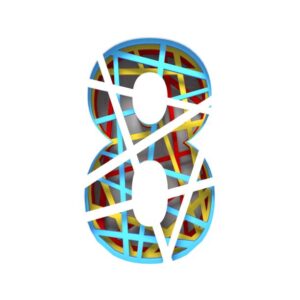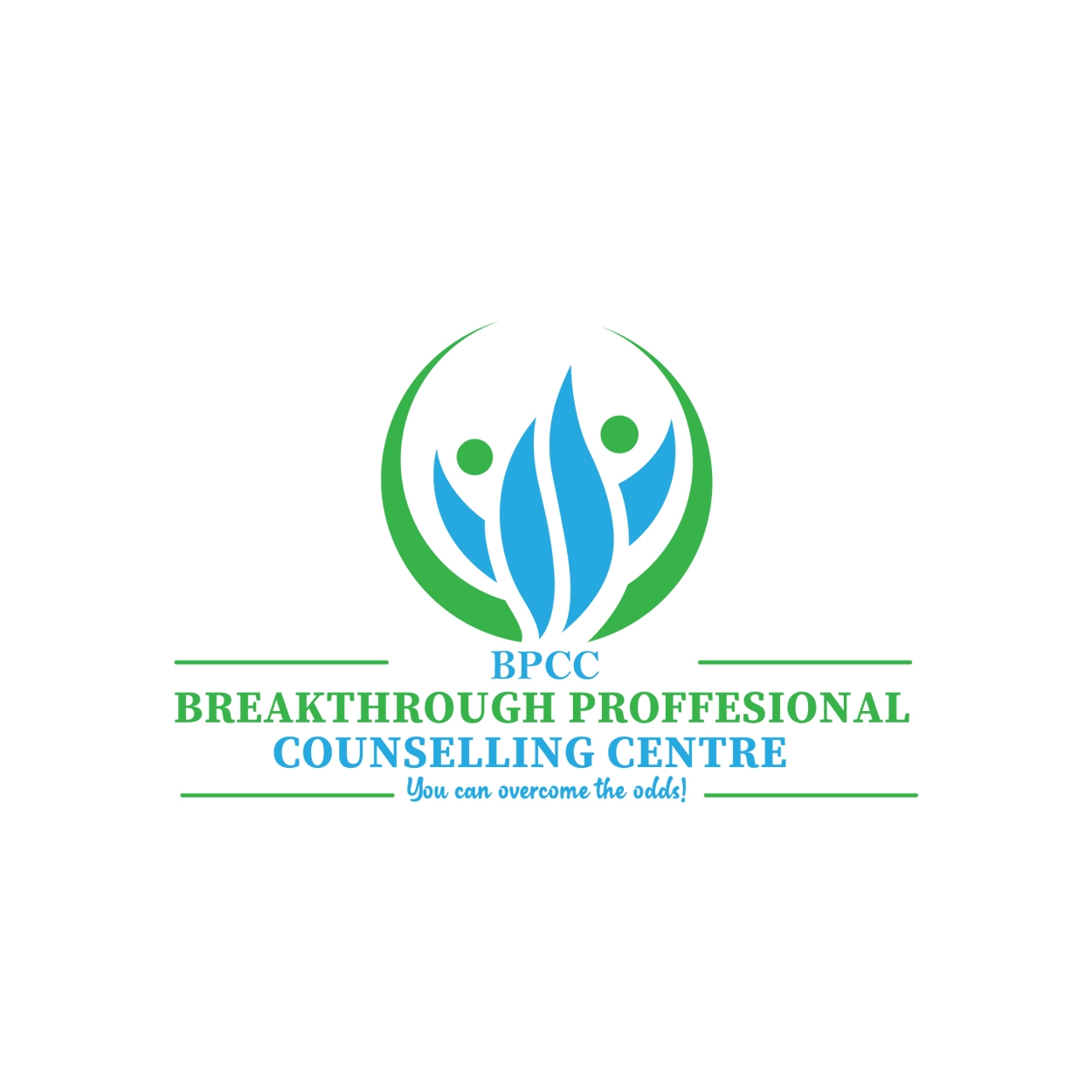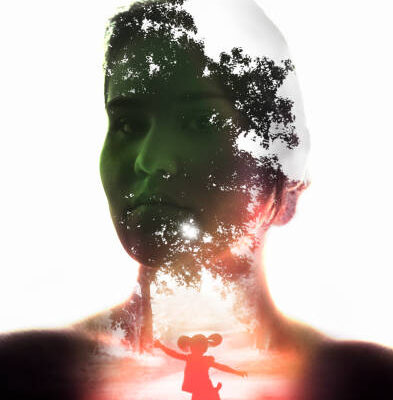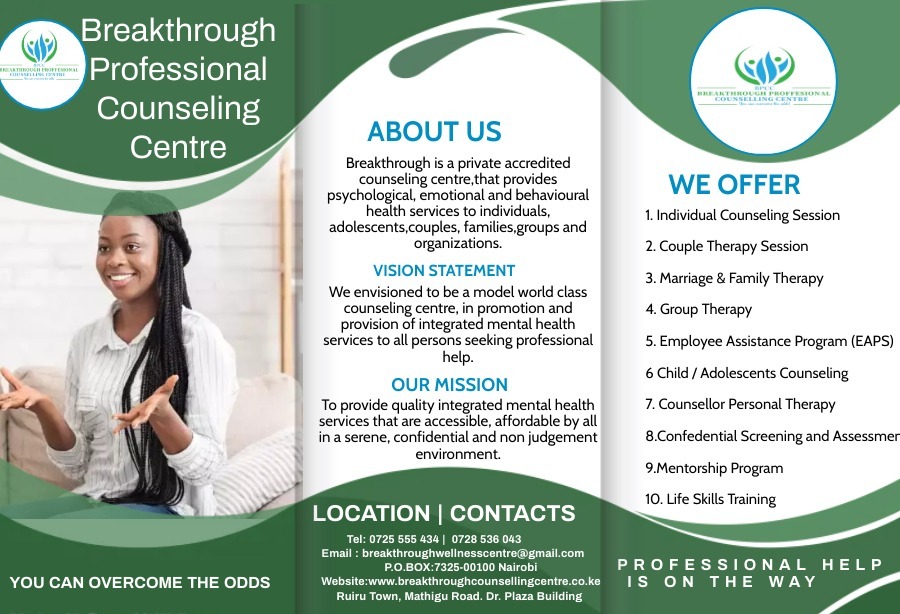The 8 Stages of Human Development

Have you ever talked to your peers and noticed that you seem to live parallel lives? Kind of like facing similar challenges and struggles, and they can truly empathize with you. It is because there is likely a commonality in your stages of human development.
It is important to note that humans are 50% similar and 50% unique. Some aspects of similarity are our biological processes, e.g., respiration, digestion, excretion, brain functions, body, soul, and spirit. Some unique facets are our behaviors, how we process emotions, genetics, and physical appearances, to name a few.
To explain some of these similarities, Psychologist Erik Erikson created the psychosocial stages of human development.
THE 8 STAGES OF HUMAN DEVELOPMENT

Source: Istock Photos
Erik Erikson developed this theory and delved in depth in chapter 7 of his book “Childhood and Society” (Erikson, 1950), and believes that social factors influence how you grow. The human being’s ego can resolve conflicts. As you grow up, each developmental stage presents different challenges/crises that you have to solve/navigate through.
Consequently, when you navigate each stage well, you move to the next one. If not, you become fixated, creating psychological disturbances as you go through all stages of human development.
According to Erik Erikson, all human beings go through this sequence of eight developmental stages, which allow you to negotiate well and solve a crisis or remain fixated, thus creating a psychological disturbance. You carry forward a fixation to other levels of human development.
These stages provide a clear picture of some underlying issues of many of your current psychological disturbances. As you examine them, note your fixations and make necessary choices, like going for counseling, to tackle them head-on so that you stop bearing that burden.
STAGE 1

Image; Istock Photos
TRUST VS MISTRUST
Occurs during infancy (0 years – 18 months)
At this stage, you are completely dependent on your parent/guardian. There’s nothing you can do by yourself. Your guardian provides all your physical and emotional needs. Essentially, your caregiver is everything to you.
If you are well cared for, you develop trust in your caregiver, and if not, you get mistrust; in essence, your caregiver determines whether you will negotiate the stage well or become fixated.
If you experience abandonment, are not well cared for, and have no parental love/care, at this stage, you become fearful and anxious, feel stuck when things happen, and lack trust in human beings. When navigated well, you see the best in others, are willing to take risks, become confident, etc.
It is unconscious, but you develop trust or mistrust depending on how well the physical and emotional needs are cared for at this level.
STAGE 2

Source: Getty Images
AUTONOMY VS SHAME
Occurs in early childhood (18 months – 3 years)
At this stage, you begin to gain some independence and start walking, talking, carrying things from place to place to play with your toys. You can choose the clothes you like and your favorite toys and begin toilet training, thus giving you autonomy over some things.
Autonomy allows you to explore the world, make choices and get some consequences, thus negotiating this stage well. You, therefore, become self-reliant, decisive, resourceful, etc.
Inversely, when your parents put a lot of restrictions on this freedom, it brings shame and doubt; you become dependent, doubtful, and helpless. An example of this happens when you want to dress yourself but your caregiver losses patience and does it for you.
Doing that deters you from learning to do things by yourself, making mistakes, correcting them, making appropriate choices, etc. That enhances shame and doubt.
You either develop autonomy (when negotiated well) or shame and doubt (fixation) depending on how you are cared for at that age.
STAGE 3

INITIATIVE VS GUILT
Occurs at the preschool age (3 years – 6 years)
At this age, you start going to school. You can exercise control and manipulate more things within your environment therefore take a keen interest and develop curiosity. You become inquisitive, try new and different things, choose those you interact with as friends, and start playing and engaging in certain hobbies within the social environment.
When you are allowed to get creative and try things, you build initiative, but when you are punished or stopped from exploring these creative abilities, you build guilt. At this age, you develop your imagination.
In summary, “initiative” will encourage one to take risks as an adult, build skills, sharpen social interaction, plan and accomplish tasks, etc. Unlike guilt which makes you fearful and embarrassed and deters your creative ability and skills.
The trick is to balance initiative (great negotiation) and guilt (fixation) to develop into a well-rounded human being in society.
STAGE 4

Source: Getty Images
INDUSTRY VS INFERIORITY COMPLEX
Occurs at the school age (6 years – 12 years)
You can do things on your own. At this point, you are perfecting the skills you previously learned. You can add complex arithmetic and formulas. For this reason, you require a lot of assurance and encouragement. The presence of that nurtures industry within you and pushes you to keep creating. Success is important here.
On the flip side, without reinforcement, encouragement, or reward for success, it can create an inferiority complex within you that continues to other stages; a fixation. In addition, the same happens when others laugh at your accomplishments, bullying, and alienation from peers.
In brief, when you negotiate this stage well, you encourage industry; on the other hand, when not navigated well, it becomes an inferiority complex which later grows into a source of disturbance when you are an adult.
STAGE 5

Image: Istock photos
IDENTITY VS ROLE CONFUSION
Occurs in the adolescent stage (12 years – 19 years)
You experience a lot of physical and mental changes. It is where you start asking questions like “Who am I?” In this stage of human development, you begin making some adult-like decisions, yet you still are a child.
You feel like an adult but still are not old enough to be fully independent. You become attracted to the opposite gender, you want to belong, yet you are searching for where to belong. For this, you search for your identity, and without guidance on this, you get role confusion.
At this point, you become self-aware or confused about your place in society, therefore, identity or role confusion.
How do you find identity and purpose?
STAGE 6

Getty Images
INTIMACY VS ISOLATION
Occurs in young adulthood (20 years – 35 years)
Success at this stage is determined by how you handle stage five. Your identity enables you to form meaningful connections with others. Undoubtedly, every human being needs to love and be loved.
The worry that you need intimacy for emotional well-being arises. The biggest question is, will I have a mate/get married, or will I be alone? It is characterized by dating, marriage, and starting families. Are you able to give and receive love?
Healthy intimacy comes from navigating this stage, but when not, it breeds feelings of isolation. It is important to note that some fixations on previous developmental stages can cause a disturbance at this stage; for example, having issues with mistrust or identity can deter you from forming healthy intimate relationships.
Intimacy involves making meaningful adult connections, whether sexual or platonic. On the contrary, isolation is the inability to create and sustain healthy adult friendships and relationships.
Are you forming healthy relationships?
STAGE 7

Istock photos
GENERATIVITY VS STAGNATION
Occurs during middle adulthood (35 years – 60 years)
You become concerned about contributing to society, leaving a legacy, sharing your lessons and knowledge, and building up the next generation. In addition, having a career and nurturing a family is your greatest goal. At this level, you settle. Parenthood is at its peak.
In truth, you focus on nurturing things that outlast you. When you handle this stage well, you build a great generation and a legacy, thus, creating generativity. In contrast, you experience stagnation.
Stagnation breeds feelings of abandonment, loneliness, and unproductivity. You feel like there’s no greater purpose/reason to fight and keep living, which builds poor health and self-centeredness, among other problems.
As you can see, some effects of earlier fixations, for example, isolation, can carry forward to cause stagnation. When you go through the stages of human development, you discover the visible effect of your fixations.
Effects of generativity are mentorship, sharing, caring, responsibility, pride, inclusivity, etc.
What are you creating now, that will outlast you? What legacy do you want to leave?
STAGE 8

Photo: Getty Images
EGO INTEGRITY VS DESPAIR
Occurs in old age (60 years – death)
At this stage, you will probably retire. It is where you look at your life, what you’ve achieved, your purpose, and your contribution to society. In short, you get to do a stock take. The stocktake will show you what your life has been like.
You can experience the loss of your spouse, your children move to their homes to build a life of their own, and all these events allow you to reflect on your life.
It will give you a sense of pride, usefulness, achievement, satisfaction, wholeness, peace, acceptance, and joy to look at how you’ve lived, ego-integrity. It can also bring about regret, shame, pain, denial, and bitterness with everything, or displeasure; despair.
At this stage, you come face to face with your mortality, which leads to a lot of introspection. Depending on your life choices, you will either experience ego-integrity or despair. I will let you choose your cup of tea.
What would you want to experience in old age?
Let us know in the comments, which stage you are in and what your fixation is.
HOW TO NAVIGATE EACH STAGE

Istock Photos
Each stage presents you with different crises that you deal with as you grow and develop. When you navigate each one well, it helps you deal with the next stages better. In contrast, if you don’t, you become fixated and can affect certain aspects of the other ones.
In the levels of early childhood, you can blame your guardian, parent, or even society. However, in the later levels of adulthood, it is time to take responsibility for your life.
One way to do that is by going for therapy. Therapy allows you to examine your fixation, therefore, deal with it before it escalates and keeps affecting other stages of human development.
The biggest form of self-care is taking responsibility and accountability for your actions, even your past. Your fixations are not a permanent mark on you, and you will overcome them.
Which stage are you going through right now?
Writer,
Sheila K. Muli











[…] explores your childhood and how it affects your adulthood, consciously or unconsciously. The eight stages of human development and the crisis at each stage shed light on the fixations causing current psychological […]